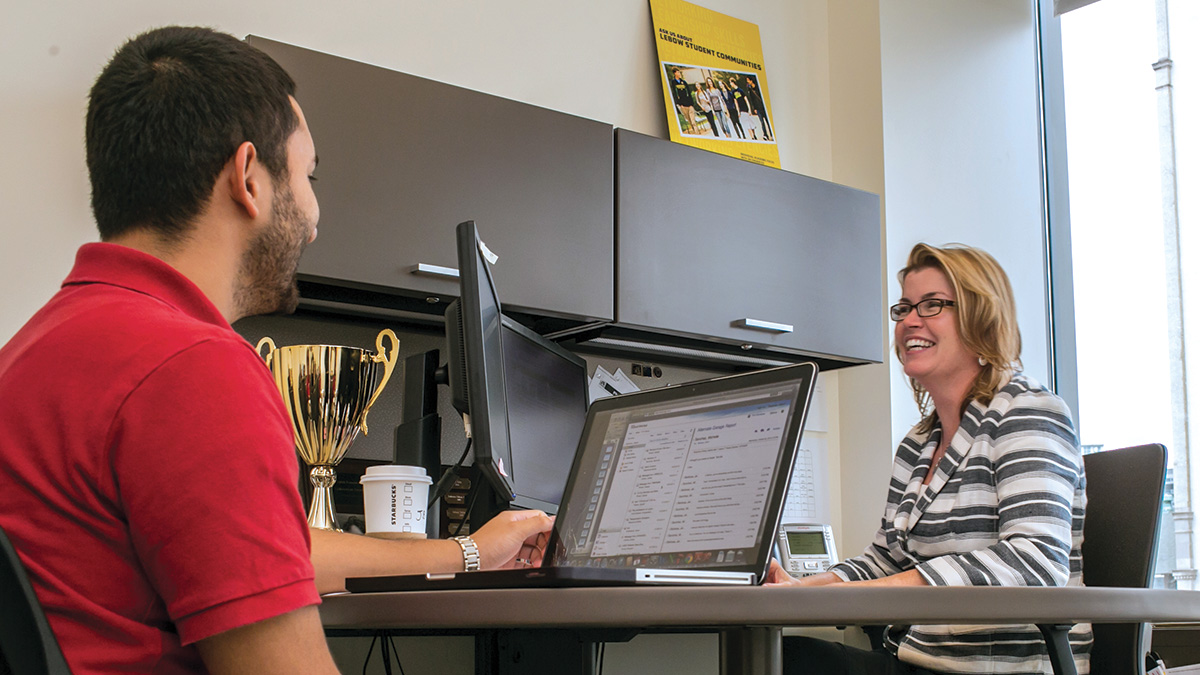LeBow News & Events
Connect with Us
Our staff is ready to help you with any questions you may have about the application process, including which program is right for you. We look forward to hearing from you.
Caitlin Brady
Director, Undergraduate Programs and Recruitment
(215) 571-3570
cem398@drexel.eduGerri C. LeBow Hall 333





